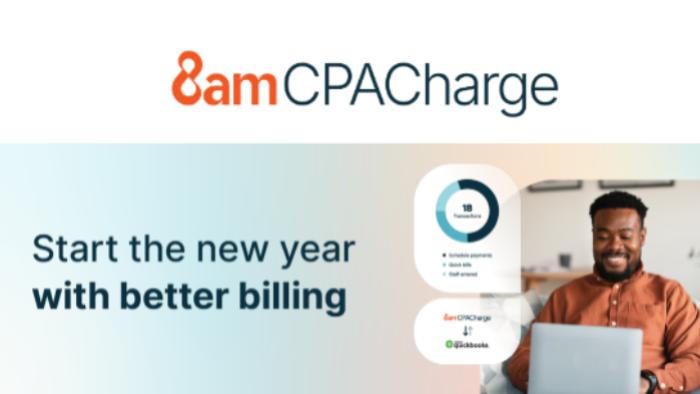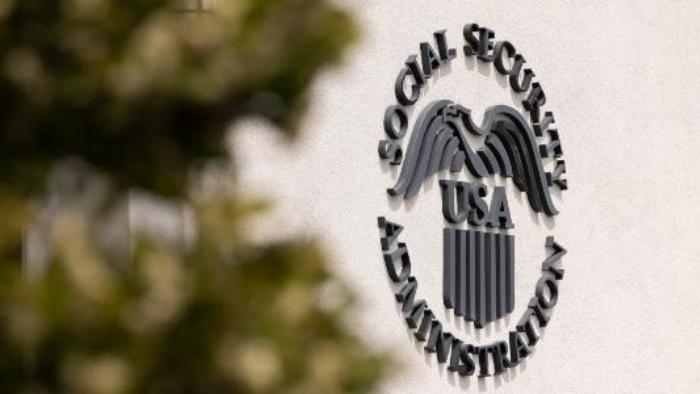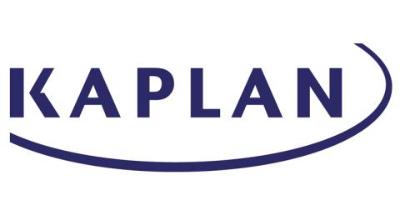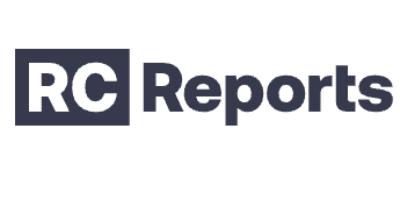Trademarks and DBAs: What’s the Difference?

Are trademarks the same as doing business as names (DBAs)? The answer is no.
It’s not uncommon to accidentally mix these two terms up. Trademarks often get mixed up with other IP protection terms too. Sometimes trademarks are even considered to have the same role as copyrights — and that is not the case!
However, trademarks and DBAs do share one key aspect in common. Let’s look at what they share and the valuable role that registering for trademarks and DBAs plays for your business.
What Do Trademarks and DBAs Have in Common?
Trademarks and DBAs both work to protect the name of a small business. Each is a form of protection and functions a bit differently. Here’s a good way to explain how this breaks down.
- Trademarks. A trademark protects unique media that distinguishes as business. This includes business names. Entrepreneurs may register for a trademark at the federal level. This registration allows them to have exclusive rights to the mark.
- Doing Business As names (DBAs). A business owner may file to claim a DBA at the state level. However, a DBA is not a corporate name. It is simply a name under which you do business that differs from your existing name or existing name of the business. A DBA may be claimed at the state level, but not at the federal level.
How Trademarks Work
A trademark protects media that distinguishes a business. Earlier, I mentioned that some of this media includes business names. Other media that qualifies for trademark registration are logos, designs, phrases, taglines, slogan, and brand mascots. In some cases, it is even possible to trademark a specific word, color, or scent.
Registering a trademark means protecting valuable intellectual property that enables consumers to identify your business and its offerings.
Once a trademark has been registered at the federal level, nobody else is allowed to use the mark without your approval. Anyone that attempts to plagiarize or use a registered mark that does not belong to them is infringing upon the mark. The owner is allowed the right to take legal action. For example, they may sue the infringing party to protect their registered trademark.
Trademarks, it should be noted, have an infinite lifecycle. They do not expire so long as the business is active and in business. There are no renewal fees necessary for trademarks either.
When should I register for a trademark? The general rule of thumb is to register as soon as possible or when you begin using the mark.
However, some entrepreneurs may decide to wait to file for several reasons. Fortunately, there are filing options available for trademark registration. If you decide to wait and have not yet used the mark, you may file under an intent-to-use basis. A mark that is more than an idea, but isn’t quite market ready, may file under a bona fide intent basis.
How DBAs Work
A doing business as name (DBA) is the official and public registration of a name under which you do business.
In which scenario does a business need a DBA? You may use your own name for your business if you want, but you are required to file for a DBA if there are changes or additions made to that existing name.
For example, let’s say I own a business where I paint houses. The business is called “Deborah Sweeney.” However, I would like to call it “Deborah Sweeney Painting” to better identify my offerings and services. Because the word “painting” is not part of my legal name, I would need to file for a DBA of “Deborah Sweeney Painting.”
Filing for a DBA also positions a business to do more than claim a business name and do business under a name that is different from their existing name. Individuals with a DBA are allowed to conduct the following activities, which are not quite the same for Here are a few other benefits that come with obtaining a DBA.
- Open a business bank account. Businesses that plan to accept payments and conduct business under a fictitious business name must first file for a DBA. A business owner may not use their personal bank account to issue or receive checks under their business name. Opening a business bank account requires that the bank or financial institution first reviews a certified copy of a DBA.
- Establish a separate business identity. Having a DBA allows small businesses to create a separate business identity for customers and vendors. Regardless of the entity your business is incorporated as, a DBA will allow the business to create a professional identity.
- Public marketing and advertising. What comes next after you register your DBA? You may begin publicly marketing and advertising the business under the DBA.
Further, having a DBA helps discourage other businesses from using this DBA. Once you obtain a DBA from the state in which you plan to conduct business, no other business in that state may use or register a DBA under that name.
Not sure if a DBA or trademark is necessary for your business? Reach out to a trusted financial professional with any additional questions.
Deborah Sweeney is the CEO of MyCorporation.com. MyCorporation is a leader in online legal filing services for entrepreneurs and businesses, providing start-up bundles that include corporation and LLC formation, registered agent, DBA, and trademark & copyright filing services. MyCorporation does all the work, making the business formation and maintenance quick and painless, so business owners can focus on what they do best. Follow her on Twitter @deborahsweeney and @mycorporation.
Photo by LinkedIn Sales Solutions on Unsplash
Share This Article
What's Trending?
Trending topics & tools for the CPA community
How Firms are Rethinking Reasonable Comp (Quick Video)
It’s a short video and makes the value of repeatable, data-backed approach clear (especially compared to spreadsheets, gut checks and one-off calculations).
Learn how 8am CPACharge delivers clarity and confidence for accounting firms.
8am™ CPACharge brings invoices, payments, and reconciliation together in a solution designed to make your day easier from start to finish.
Seniors on Social Security Could Face $460 Monthly Cut to Benefits
Jim Komoroski, RSSA®, is quoted in Newsweek, offering expert insight into the projected monthly cuts to Social Security benefits should Congress fail to act.
Resources
Valuable information provided by our sponsors.
Specialize in Social Security
Looking to enhance your retirement planning expertise? Your solution: pursue the Registered Social Security Analyst®...
CPAdirectory members have access to discounted auto and home insurance
At CPAdirectory, we think it's a good thing to provide our members with access to...
Free CPE Course: ChatGPT for Tax Pros — Limited Offer
CPAdirectory and CCH CPELink are giving you free access to the on-demand course: ChatGPT for...
PE Deals In Accounting: Valuations, Structure, Tradeoffs
In this webinar, you’ll hear from firm leaders and industry experts who will share real-world...
Stand Out as a Trusted Social Security Expert with the RSSA® Designation
Designed for CPAs, the Registered Social Security Analyst® (RSSA®) designation provides advanced training to help...
How Firms are Rethinking Reasonable Comp (Quick Video)
It’s a short video and makes the value of repeatable, data-backed approach clear (especially compared...












